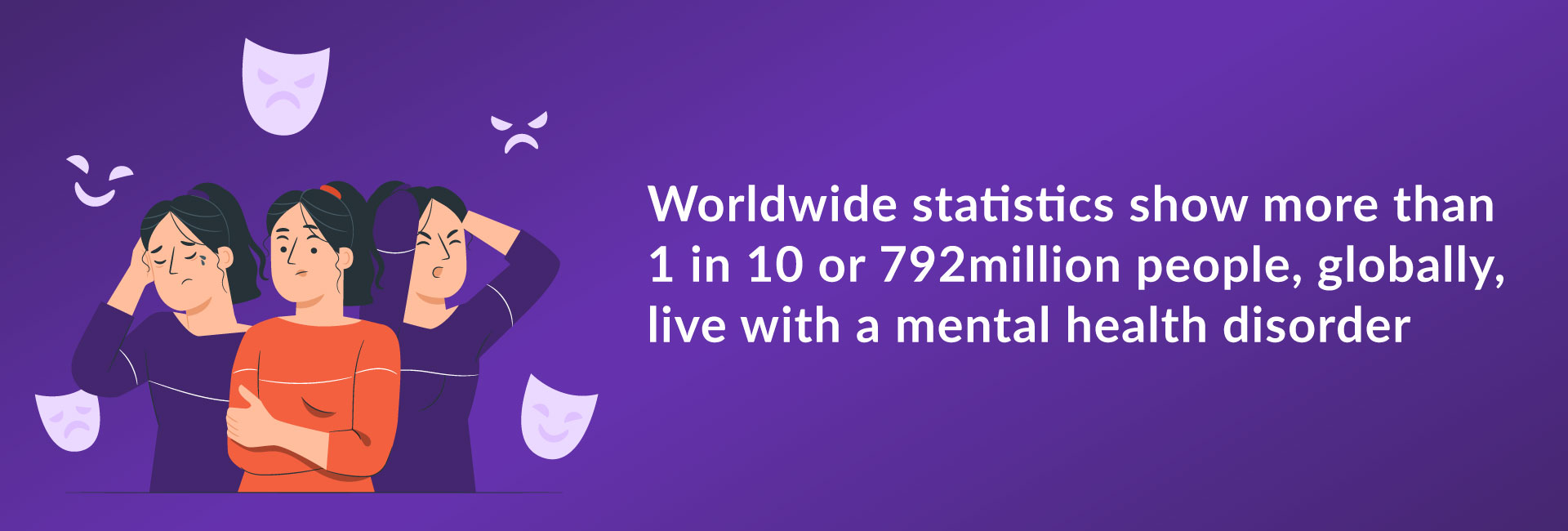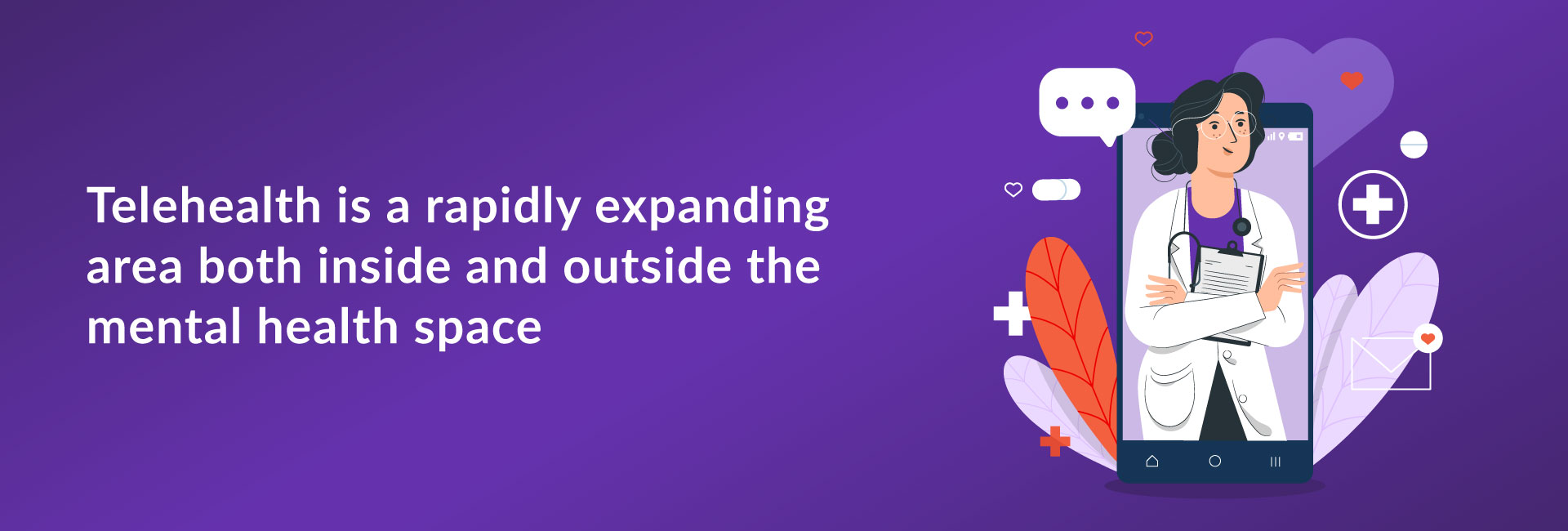The ability to deliver or access healthcare without restriction is something we should all strive for. Unfortunately, for many healthcare providers and patients, this is not the case. Moving forward, as usage in telehealth increases more and more people are seeing the benefits of telehealth. Now, in our new series, we go further and discuss how it can support specialist healthcare providers such as: counselling, psychiatry, and talking therapies like Cognitive Behavioral Therapy (CBT).
Telehealth is proving to be an essential digital tool for healthcare providers beyond the current crisis. The CDC (Centers for Disease Control and Prevention) recognized this fairly early on when they posted their guidance for telehealth in, 2019. However, outside the pandemic, there is a real demand for specialist healthcare providers. Finding a specialist to treat certain conditions can be a challenge in itself and more so for those living in a rural area where specialists are scarce. People should have the right to access quality healthcare without economic discrimination. Additionally, geographical or national boundaries should also not be a barrier.
Worldwide statistics show more than 1 in 10 or 792 million people, globally, live with a mental health disorder.

Living in rural areas pose a big challenge for those seeking mental health treatment. Nearly 80 million Americans live in a mental health professional shortage area, according to the U.S. Health and Human Services Health Resources and Services Administration. Urban environments are not much better and still have their challenges. And on a global scale, cost, transportation, and time constraints also continue to prevent people from seeking mental health services.
Telehealth addresses these issues and more. It can offer a range of benefits for both providers and their patients. It can be a powerful tool to make mental healthcare easier and more convenient to access. Some of the benefits include:
- Flexible schedule: Telehealth offers secure real-time two-way communication with patients anytime, anywhere.
- Convenience: Providers can offer services from office, home, or while traveling. This eliminates barriers of physical location and patients can easily connect through a smart device.
- Easier Access: Telehealth can make mental health services more accessible and convenient, especially for rural patients or those with mobility issues. Mental health treatment outcomes are improved as patients could seek care earlier if they have a virtual option. It also allows patients to avoid the perceived social stigma associated with mental health care. More importantly, it removes barriers many patients may face in seeing a therapist such as work or distance challenges.
- Increased income: Providers can schedule appointments during off peak hours; allowing for increased revenue. Additionally, patients can attend appointments from anywhere which would lead to less missed appointments.

Countless studies over the last decade have consistently shown that telehealth provides quality of care that is equal to traditional in-person services. Telehealth is a rapidly expanding area both inside and outside the mental health space. Its growing popularity can be attributed to the fundamental benefits it brings both providers and patients. The American Psychological Association accepted and supported telehealth as far back as 2001 when Medicare agreed to pay for psychotherapy services through telehealth platforms. However, Medicare still demonstrates regulatory caution. APA Practice Directorate, Lynn Bufka PhD says: “Telehealth practice still involves licensure concerns when it comes to treating patients across state lines.”
This is where Solve.Care’s Global Telehealth Exchange can play a crucial role in addressing these concerns. GTHE is built on decentralized technology with top level security. Its unique design includes built in regulatory parameters that function and correspond with applicable laws from both the patient and provider perspective. There are many telehealth services available, but none encompass the various national and regional regulations, worldwide. It is an intelligent virtual healthcare solution that fills the gap where other platforms fail. GTHE can add more value by bringing further benefits such as:
- Instant Reimbursement
- Cross border treatments
- Secured platform built with decentralized technology
- Full control over availability and rates
- HIPAA Compliant

Dr. Swapna Vaidya, MD, FAPA, FACLP and Kaiser Permanente Physician Executive Behavior Health MultiCare, believes that GTHE is the solution that will bring telehealth to the next level saying: “All things considered, it would not be far-fetched to say that GTHE holds the promise of how healthcare should be. It will allow us to achieve the utopia of medicine.”
GTHE brings the joy back to practicing medicine by providing greater access to patients, worldwide, with a high level of data security and instant reimbursement process. To know more about how GTHE can help provide psychiatrists with the essential tools to practice their specialty without restrictions or commitments and decrease costs by up to 60%, sign up here.



